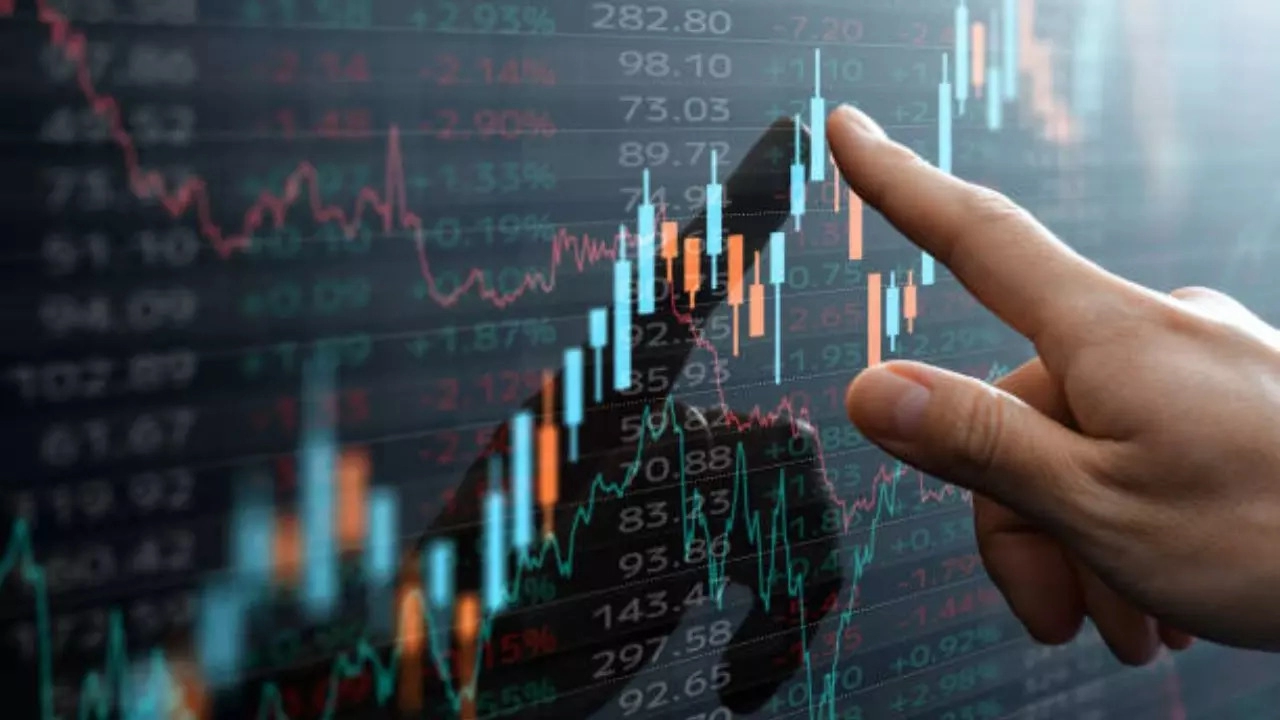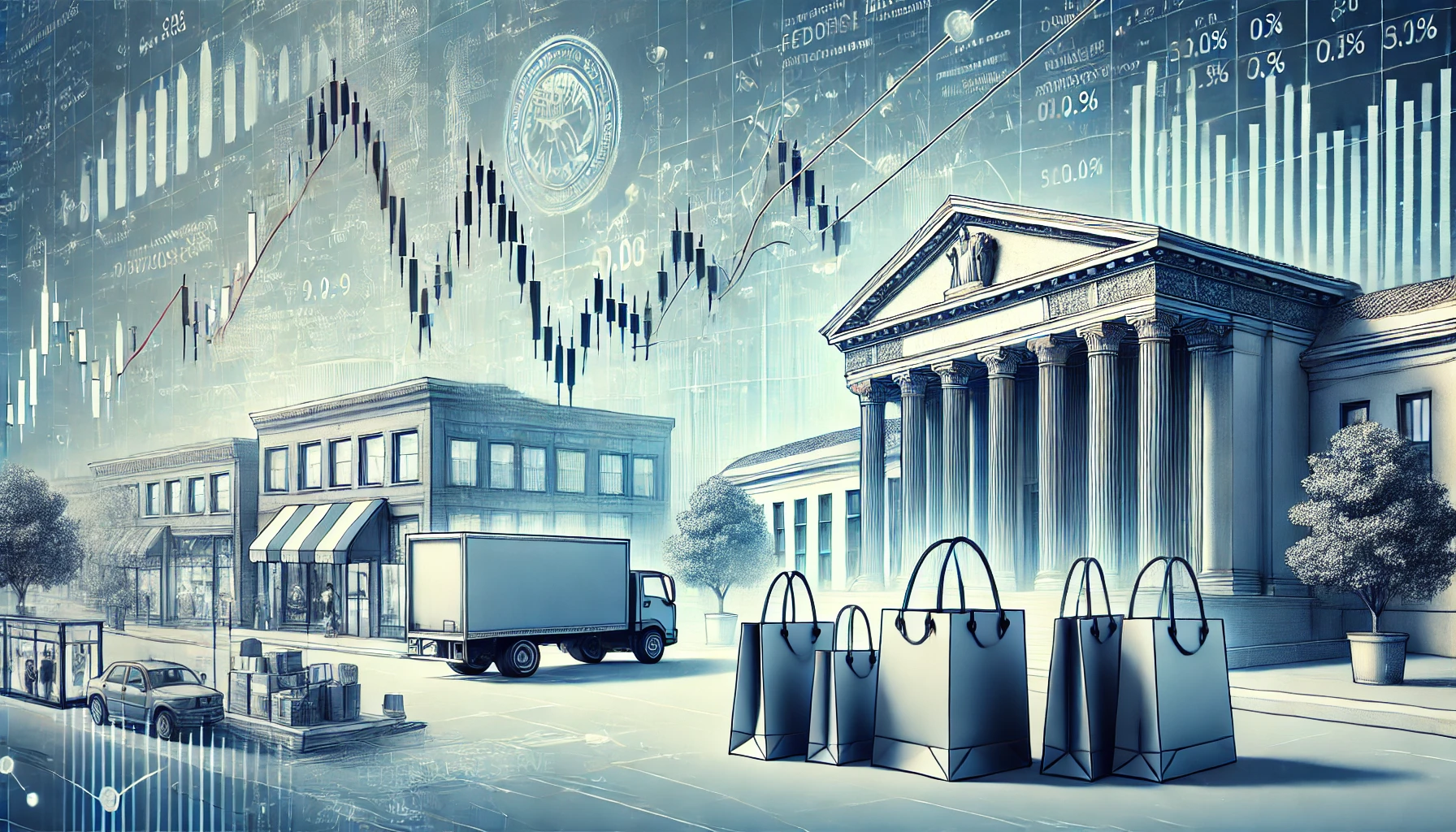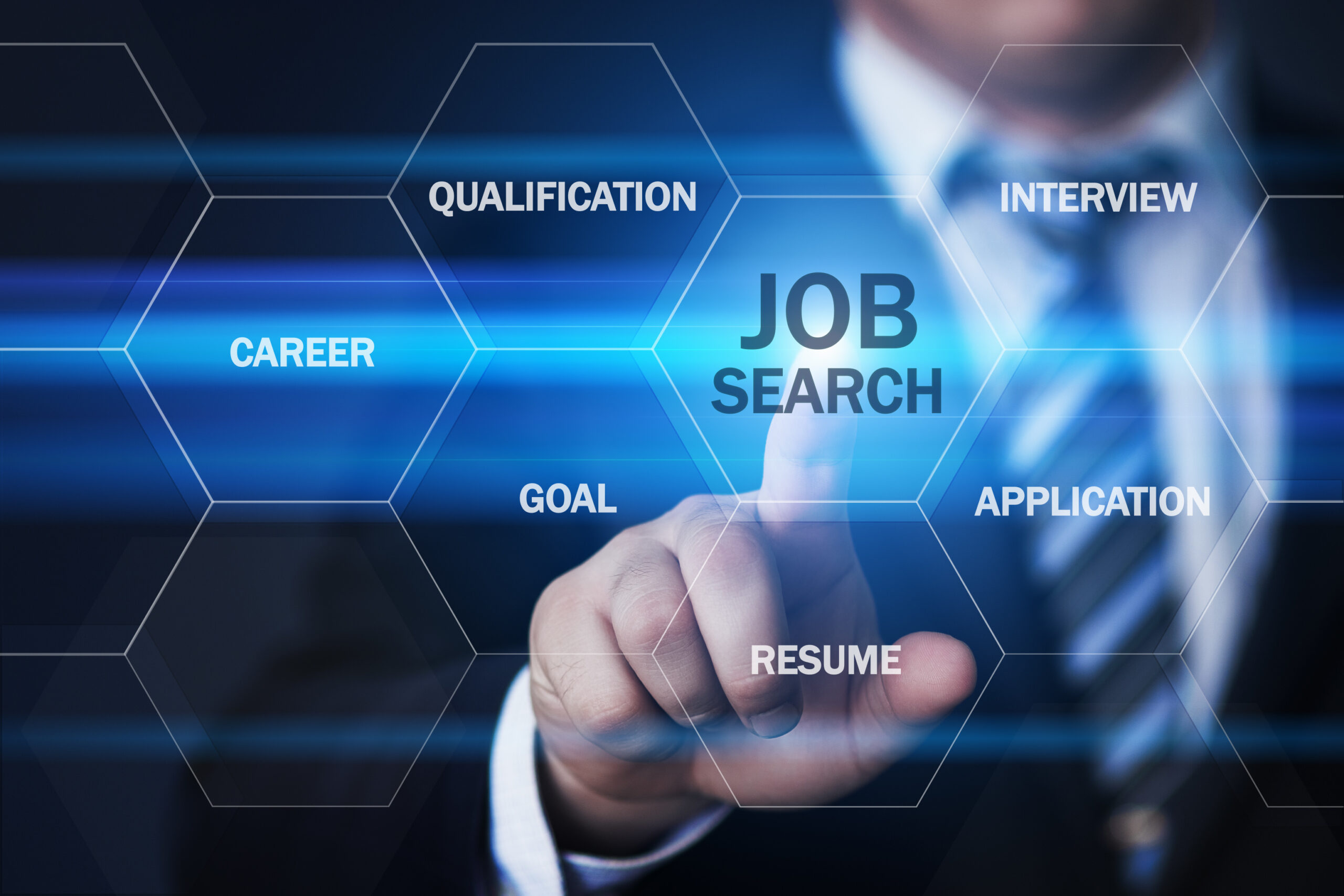The U.S. added 114,000 jobs in July and the unemployment rate rose to 4.3 percent, according to data released Friday by the Labor Department.
Economists expected the U.S. to add 175,000 jobs and keep the jobless rate steady at 4.1 percent, according to consensus estimates.
The July jobs report comes two days after Federal Reserve officials hinted that they could begin cutting interest rates as soon as September. As both inflation and the U.S. job market keep cooling off, the Fed is aiming to bring rates down quickly enough to avoid a deeper slowdown, but slowly enough to keep prices under control.
An interest rate cut could give a slight boost to a U.S. economy that has powered through recession fears and high inflation for years after the pandemic.
Despite widespread fears of a recession, the U.S. economy has held strong throughout the Biden adminstration and appears to be in solid shape heading into the election.
But Biden had struggled to highlight the strength of the recovery as Americans dealt with inflation, which has fallen from four-decades highs to within the Fed’s target.
Vice President Harris, who is poised to be the Democratic nominee against former President Trump, will face her own challenge threading the needle with an economic message.
A September rate cut could ease some pressure on the economy and the stagnant housing market, which has swamped would-be buyers with high prices and steeper borrowing costs.
Trump, however, would likely take exception to anytning that could turn around feelings about the economy ahead of his battle with Harris.
“It’s something that they know they shouldn’t be doing,” Trump told Bloomberg News in an interview last month.
Fed Chairman Jerome Powell, a Republican first appointed to the role by Trump, faced heavy pressure from the former president throughout his tenure. Trump repeatedly pressured Powell into cutting interest rates to give the U.S. more leverage in trade talks, which Powell refused to do.
Powell has told reporters that the Fed’s rate-setting decisions are not and will not be influenced by the upcoming election.
Looser labor conditions, or fewer open jobs per job seeker, could translate into faster increases in unemployment in the coming months, analysts have warned.
Across the span of the Fed’s tightening cycle, the ratio of open jobs to unemployed persons has shrunk from 2-to-1 at the end of 2022 to 1.25-to-1 in June.
The personal savings rate is also showing signs of stress, having dropped from 3.8 percent in the first quarter to 3.5 percent in the second. Higher credit card delinquencies are also indicating that more restrictive monetary policy is weighing on consumers.
Feeling the pressure and sensitive to what it could mean for the election, Democrats are keen to see the Fed start cutting rates.
“Higher interest rates are unnecessarily squeezing families and pushing up unemployment. Inflation is falling, so there is no reason to keep interest rates artificially high. The Fed must cut interest rates,” Joint Economic Commission Chair Sen. Martin Heinrich (D-N.M.) said in a Friday statement.
Rep. Brendan Boyle (Penn.), the top Democrat on the House Budget Committee, said that interest rates were “needlessly high.”
“The American workforce is strong, but it’s time for the Fed to finally do its part and begin lowering rates,” he said in a release.
Updated at 9:06 a.m.








